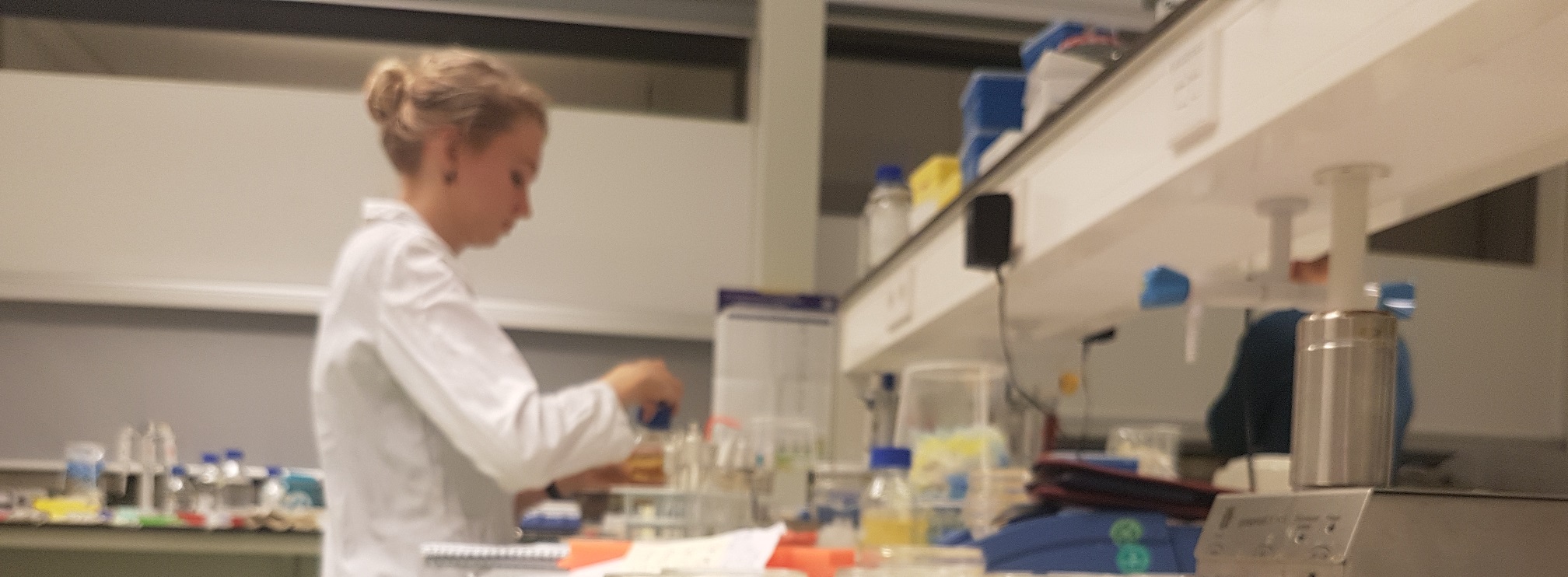Fmeier1994 (Talk | contribs) |
|||
| Line 1: | Line 1: | ||
{{Groningen}} | {{Groningen}} | ||
<html> | <html> | ||
| − | Science is rarely a one man | + | Science is rarely a one (wo)man job and usually requires people with different backgrounds to work together to solve the challenges encountered. iGEM is no different. To encompass this spirit the iGEM 2017 Groningen team strives to work together with multiple teams on different aspect of our project and hopefully further strengthen connections and collaborations within the iGEM community. To encompass this we joint forces with other teams on multiple aspects of our project: |
</div> | </div> | ||
Scientific collaborations: | Scientific collaborations: | ||
| − | 1. To further develop & establish Lactococcus lactis as a chassis in | + | 1. To further develop & establish Lactococcus lactis as a chassis in iGEM we collaborated with the iGEM team of Sao Paulo. We sent them protocols since we have a lot of in house experience with working on lactis. This helped us |
| − | 2. To help the Nottingham team we tested their E.coli RFP fluorescence in our lab to provide an independent | + | 2. To help the Nottingham team we tested their E.coli RFP fluorescence in our lab to provide an independent control measurement. The results as well as the protocol can be found here: link |
3. NAWI-Graz: Our friends from Austria are developing a bioelectronic interface controlled by bacterial GFP-expression. They have developed a software to validate part of their experiments. iGEM Groningen has worked together with them to design mazes and therefore improve the functionality and identify flaws in the design. | 3. NAWI-Graz: Our friends from Austria are developing a bioelectronic interface controlled by bacterial GFP-expression. They have developed a software to validate part of their experiments. iGEM Groningen has worked together with them to design mazes and therefore improve the functionality and identify flaws in the design. | ||
| Line 12: | Line 12: | ||
We presented our project designs to each other and critically debated their feasibility as well as implementation of the final product. This helped us gain insight into possible experimental flaws. Abu Dhabi is also working on designing a cartridge, so their engineering input was much valued in improving our cartridge. We held a follow up discussion to update on the progress achieved and get advice on the challenges met. We had a few issues with cloning and got some input that helped us get our construct from Vilnius. We hoped our input also improved on their design. | We presented our project designs to each other and critically debated their feasibility as well as implementation of the final product. This helped us gain insight into possible experimental flaws. Abu Dhabi is also working on designing a cartridge, so their engineering input was much valued in improving our cartridge. We held a follow up discussion to update on the progress achieved and get advice on the challenges met. We had a few issues with cloning and got some input that helped us get our construct from Vilnius. We hoped our input also improved on their design. | ||
2. Virtual meet up – ethics, Oslo, Graz, Zurich, lund, upsalla | 2. Virtual meet up – ethics, Oslo, Graz, Zurich, lund, upsalla | ||
| − | Team Uppsala moderated a discussion together with Oslo, Graz, Zurich and Lund about the ethical implications of our projects. We tried to | + | Team Uppsala moderated a discussion together with Oslo, Graz, Zurich and Lund about the ethical implications of our projects. We tried to answer the following questions |
a) Uncontrolled Release. Can we anticipate how our Genetically Engineered Machine (GEM) would behave if released? What would be ideal conditions to grow and could they | a) Uncontrolled Release. Can we anticipate how our Genetically Engineered Machine (GEM) would behave if released? What would be ideal conditions to grow and could they | ||
potentially be met? Can we anticipate any interactions with any form of wildlife? What would be ideal conditions to grow and could they potentially be met? | potentially be met? Can we anticipate any interactions with any form of wildlife? What would be ideal conditions to grow and could they potentially be met? | ||
Revision as of 13:38, 14 October 2017










